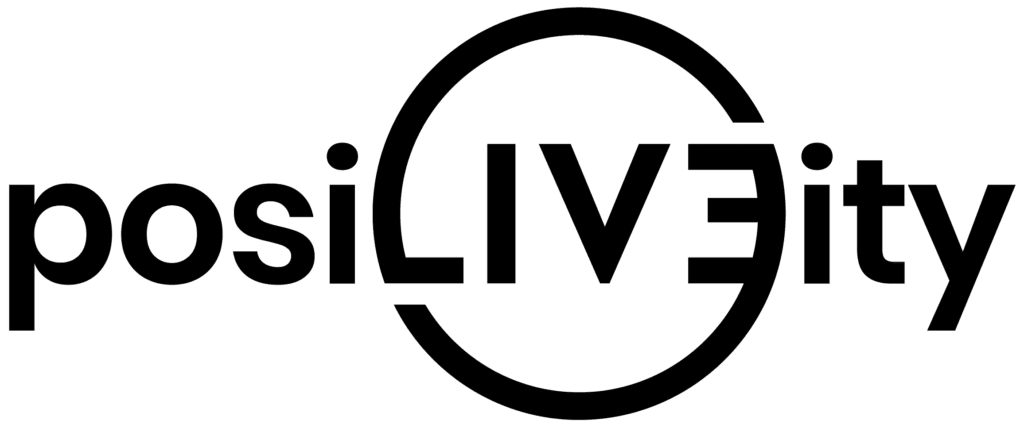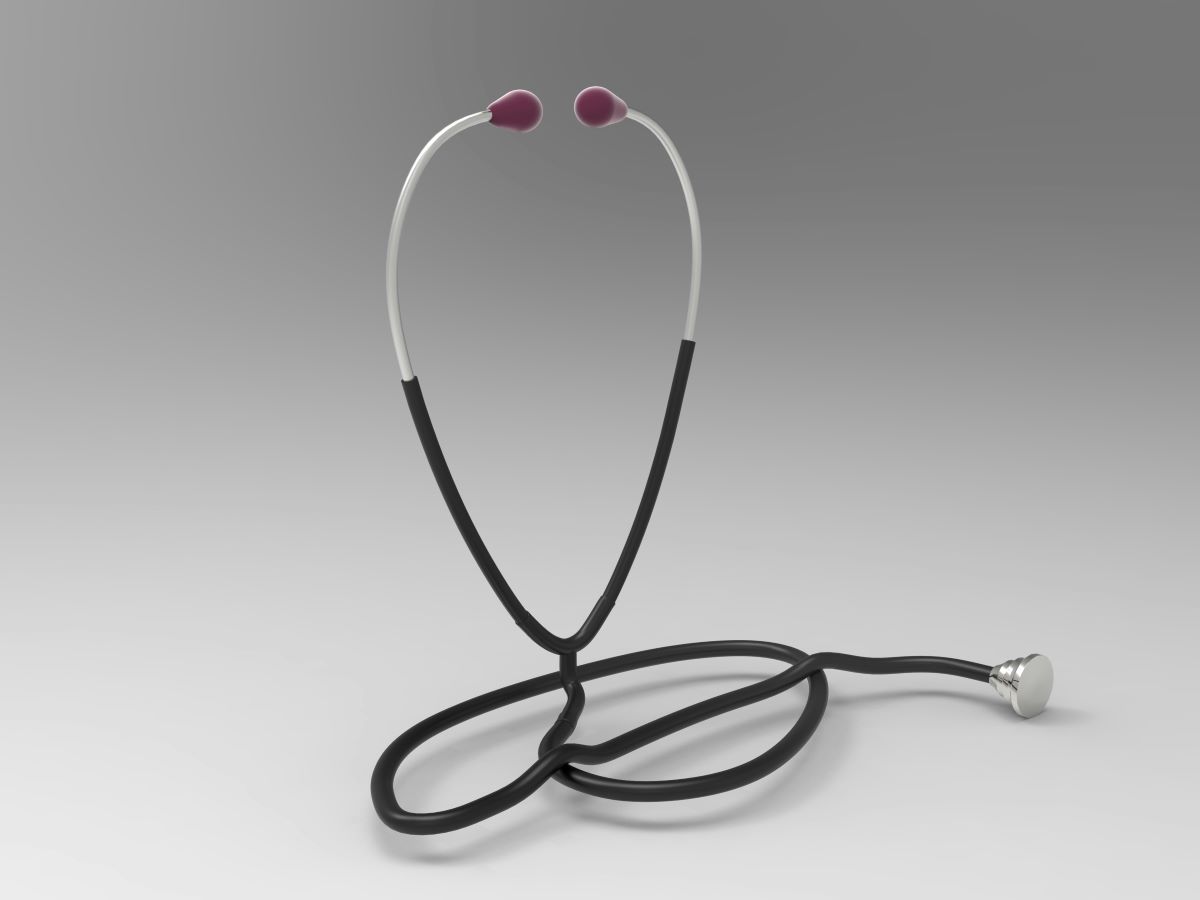Colonoscopy—a word that might evoke a shudder of apprehension for many, but it’s time to change that narrative so you don’t delay having this procedure. This crucial procedure is not just a medical test; it’s a life-saving tool. If you’re over 45 or have a family history of colorectal cancer, understanding the importance of a colonoscopy and the steps involved can be a game-changer.

By providing information on why getting a colonoscopy is essential and break down the process into easy-to-understand steps, I’m hoping to help you feel less apprehensive. I will give you my honest feedback on my experience in the hopes that it helps alleviate some of your apprehension about having this procedure. Thankfully, I am healthy, even though I delayed mine because I was apprehensive of the process for 2 years. But if I had known what the procedure was really like, I would not have delayed it. Hopefully when you finish reading this article, you won’t feel as apprehensive and call your doctor and schedule your own.
To read in depth about a colonoscopy from a medical perspective, please read this article from the Mayo Clinic.
A bit of background first on what a colonoscopy is and why it is so important.
The Vital Role of Colonoscopy
-
Early Detection of Colorectal Cancer
Colorectal cancer is the second leading cause of cancer deaths in the United States, but it’s also one of the most preventable. Colonoscopies can detect early signs of cancer long before symptoms appear. Early detection means a higher chance of successful treatment and survival.
-
Prevention is Better Than a Cure
Colonoscopies don’t just detect cancer; they prevent it. During the procedure, doctors can remove polyps. Polyps are abnormal growths on the inner lining of the colon, and while most are benign, some can develop into cancer over time. Removing these growths early is a powerful preventative measure, effectively reducing the risk of colorectal cancer.
The analysis of the polyps by the lab will help determine how often you need to schedule your next colonoscopy.
-
Diagnosing Other Conditions
Beyond cancer, a colonoscopy can help diagnose other gastrointestinal conditions like Crohn’s disease, ulcerative colitis, and diverticulitis. Early diagnosis and treatment of these conditions can significantly improve your quality of life. Even better, it can also identify if you are trending towards diverticulitis and the doctors provide guidance on how you can help prevent it from occurring. Better to know early on and make changes to your diet.
-
Peace of Mind
For those without symptoms or risk factors, a clear colonoscopy provides peace of mind. Knowing that you’ve taken a proactive step to ensure your health can alleviate anxiety and encourage a healthier lifestyle.
When Should You Get a Colonoscopy?
The American Cancer Society recommends that individuals at average risk start regular screenings at age 45. However, if you have a family history of colorectal cancer or other risk factors, you may need to start earlier. Consulting with your healthcare provider is crucial to determine the right timing for your first colonoscopy.
Preparing for Your Colonoscopy: A Step-by-Step Guide
My guess you have either heard horrible stories about the procedure or, you don’t know anything, and the fear of the unknown is preventing you from scheduling your procedure.
Preparation is key for a successful colonoscopy. Here’s a step-by-step guide to help you get ready:
Step 1: Consultation with Your Doctor
Your journey begins with a consultation. Your healthcare provider will review your medical history, discuss any medications you’re taking, and provide detailed instructions on how to prepare for the procedure.

Doctors recommend colonoscopies for several reasons, all centered around maintaining your health and preventing serious diseases:
Age and Family History:
The risk of colorectal cancer increases with age, particularly after 50. If you have a family history of colorectal cancer or polyps, your risk is even higher. Doctors recommend regular screenings starting at age 50, or earlier if there are additional risk factors, to catch any issues early.
Presence of Symptoms:
Certain symptoms may prompt a doctor to recommend a colonoscopy, even if you are younger than 50. These symptoms include:
- Blood in the stool or rectal bleeding.
- Persistent abdominal pain or cramping.
- Unexplained weight loss.
- Changes in bowel habits, such as chronic diarrhea or constipation.
- Fatigue or weakness, which may indicate anemia caused by internal bleeding.
Diagnostic Tool:
A colonoscopy is not just a screening tool but also a diagnostic one. If you have symptoms indicative of gastrointestinal problems, a colonoscopy can help diagnose the issue accurately. Conditions like IBD, Crohn’s disease, and ulcerative colitis can be identified through this procedure, allowing for timely and appropriate treatment.
Previous Findings:
If you have had polyps removed or other abnormalities detected in a previous colonoscopy, your doctor will likely recommend more frequent screenings. Regular monitoring ensures that any new growths are identified and addressed promptly.
If your doctor recommends you have a colonoscopy, you will then schedule an appointment. Just a heads up – you need to have someone drive you to and from the procedure.
After your colonoscopy has been scheduled, you will have to fill a prescription for the solution you have to drink. Tip – Fill this prescription as soon as you get it as in my experience it also included information on what to do in the days leading up to the procedure including what foods to eat/ not eat for the few days prior – see step 2. You should read through all the instructions provided to you from your doctor, for your specific procedure.
Step 2: Dietary Restrictions
A few days before your colonoscopy, you’ll need to follow a specific diet. This typically involves avoiding high-fiber foods like fruits, vegetables, nuts, seeds, and whole grains. Instead, stick to clear liquids such as broth, tea, and clear juices.
Step 3: Bowel Prep (Doesn’t that sound fun? 😊)
The day before your procedure, you will start this process. Read the instructions you are provided carefully. To hopefully help alleviate as much apprehension on this process this is specifically what I had to do and how it affected me.

I had to start the night before at 6 pm. I had to combine 3 packets (A, B and C) into a large jug that was provided to me. The jug made it easy to know how much to fill it and how much to drink as it was well marked. I had to drink 8 ounces of the mixture every 15 mins for an hour. So, 4 times I drank 8 ounces. I had heard that the mixture tasted gross. In my case, I actually found it tasted fine. It was lemony. It was definitely salty, but I had no problem at all drinking it down over the hour. The directions said I should drink another 10 – 12 ounces of liquid (they recommended Gatorade) I then started watching TV.

About an hour later I had to go to the bathroom, then went about every hour for the next couple. I went to bed around 10 pm and woke up at about 11:30 to go again. After that, I was fine until I had to wake up at 6 am to start the process again which was about 5 or 6 hours before my procedure. This second time, I think is to really make sure your colon is completely cleaned out. I had to stop drinking completely 2 hours before the procedure.
Overall, I really did not find this process that bad. This part is really important. Follow the directions completely. If your colon isn’t completely clean they stop the procedure and you have to reschedule which really would be awful since you would have to do it all again.
The Colonoscopy Procedure: What to Expect
On the day of your colonoscopy, you’ll arrive at the medical facility where the procedure will be performed.
Here’s what you can expect:
Step 4: Pre-Procedure Preparations
Before the procedure, they will take all your stats and ask you some questions. You’ll change into a hospital gown and have an intravenous (IV) line placed for sedation. In my case they gave me a heated blanket which I absolutely love as it makes you relax a bit.

Step 5: During the Procedure
I was taken into the procedure room and the nurses were amazing. They asked if it was my first one and promised to take good care of me.
Oe of the other reasons I had delayed scheduling my colonoscopy was that I had also heard from some people that even though you are sedated, you might still be aware and feel parts of the procedure.
I can only tell you that in my experience I remember talking to the nurses as they gave me the sedation and I remember saying to them, ‘Oh, I can feel that kicking in’, and then I was asleep and did not wake up until I was back in recovery.
During the procedure you’ll lie on your side as the doctor inserts a colonoscope—a long, flexible tube with a camera—into your rectum and through your colon. The camera allows the doctor to view the lining of your colon and detect any abnormalities. If polyps are found, they can be removed during the procedure. The entire process typically takes 30 to 60 minutes.
Step 6: Post-Procedure
After the colonoscopy, you’ll be monitored until the sedation wears off. I asked for another warm blanket 😊. It’s normal to feel bloated or have mild cramping due to the air introduced into the colon during the procedure. You’ll probably fart – LOL. Totally valid excuse! You’ll need someone to drive you home, as the sedation can impair your ability to drive. In total, I was at the doctor’s office for about 1.5 hours.
After Your Colonoscopy: Understanding the Results and Next Steps
Step 7: Reviewing the Results
The doctor will discuss the initial findings with you after the procedure. If polyps or other abnormalities were removed, they’ll be sent to a lab for further analysis. The results will determine if any additional follow-up or treatment is necessary.
Step 8: Follow-Up
If no polyps or abnormalities are found, you may not need another colonoscopy for ten years. However, if polyps were removed or other conditions detected, your doctor might recommend more frequent screenings.
Other Concerns:
Embarrassment
 Some people feel embarrassed about the procedure. It’s important to remember that healthcare professionals perform colonoscopies regularly and are focused on your health and well-being. There’s no need to feel embarrassed about taking care of your health.
Some people feel embarrassed about the procedure. It’s important to remember that healthcare professionals perform colonoscopies regularly and are focused on your health and well-being. There’s no need to feel embarrassed about taking care of your health.
I chose to just own it and talk about it with my friends and family and now in this post. It can be embarrassing, but I felt that talking about it helped me be less nervous. I hope that my sharing my positive experience helps others feel less apprehensive about the procedure and schedule a colonoscopy. It can save your life. Better to talk about a colonoscopy, then colon cancer.
Cost Concerns
Concerns about the cost of a colonoscopy can also be a barrier. Many insurance plans cover the cost of screening colonoscopies, especially for those over the recommended age or with risk factors. It’s advisable to check with your insurance provider about coverage.
Action Step – Take Control of Your Health
A colonoscopy is a vital tool in the fight against colorectal cancer and other gastrointestinal conditions. Regular screenings, early detection, and prevention can save lives.
If you’re due for a colonoscopy or have risk factors, don’t let fear or misconceptions hold you back. Talk to your healthcare provider and take the necessary steps to ensure your well-being.
A colonoscopy is more than just a medical procedure; it’s a life-saving step that can prevent cancer and other serious conditions. I hope I helped demystify the process, decrease your apprehension and highlight its importance, so you will schedule your own.
Looking back, my colonoscopy was far less daunting than I had imagined. The peace of mind it provided was invaluable. Knowing that I had taken a proactive step towards ensuring my health was incredibly empowering.
Your health is your most valuable asset. Schedule a doctor’s appointment now, to discuss if you need a colonoscopy with your doctor.
If you enjoyed this post, read this post on 5 Habits to Make you Look and Feel Fabulous.


